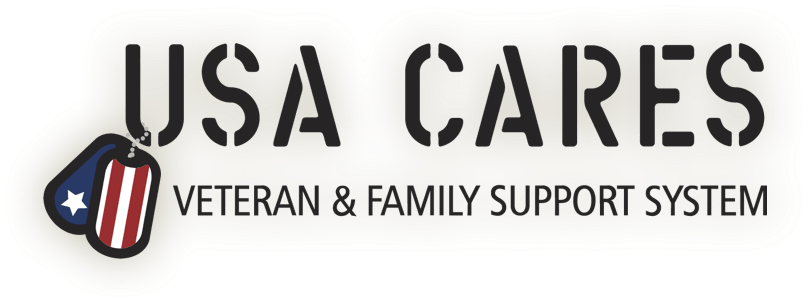Tips for Veterans Going Back to School After Service
Whether you earned a degree before entering the military or not, there are many reasons to go back to school after leaving the service. Earning another degree or certificate — or your first — can open up a variety of opportunities. Alongside the skills you developed during your time in the military, your new degree or training can help you start a brand new career or obtain an advanced position in a career field that you already have experience in. It can also help you to earn higher wages or advance more quickly.
But entering college after military service can be intimidating and challenging, even if you earned a degree before your military service commitment began. Many of your fellow students will be younger than you. While earning your degree, you may also be working full-time or caring for a family. If you went to college before entering the service, you may be surprised to find it very different from what you remember — especially as you’re likely very different than you were at that time in your life.
Luckily, there are several things you can do to make your post-military transition to college go more smoothly.
What to Do Before You Apply
Before you ever start applying to colleges, there are a few things you can do to set yourself up for future success.
Assemble Your Support Team
Right from the start, your search for the right college can be more manageable with a solid support system. To assemble your support team, start by identifying family members, friends, associates, or military mentors who believe in you and your career aspirations. Your support team should contain the people who will be there when life gets tough or off track.
Let them know what your current and future goals are, and when they offer their support or help, take them up on it. Whether that means offering babysitting while you study for an exam or simply lending a ear when you’re having a hard day, taking support from those who care about you can help keep you from feeling overwhelmed in this next stage of life.
Establish Goals
Establishing goals and developing a clear strategy to reach them will help your educational decision-making. For this reason, you should decide your career path and the degree you want to earn before you start looking for a college or program.
Consider not just your interests, but the types of careers you could pursue with a specific career. Will you earn enough money to support your family? Will the work-life balance work for you, or are you likely to become burned out later on? Asking yourself these questions now is important, and could save you time, money, and stress later on.
Take Advantage of Your Benefits
Your hard-earned benefits can make earning a degree much more financially obtainable — but only if you fully understand the coverage that you’re eligible for.
For example, the Yellow Ribbon Program and the Post 9/11 GI Bill offer comprehensive educational benefits to transitioning veterans. If you need assistance understanding the VA educational benefits application process, contact a Veteran Service Officer (VSO) or a student financial adviser at your prospective colleges.
Refine Your College Search
There’s no shortage of great colleges in the U.S. Many offer financial assistance, including assistance that is specifically available to veterans or to non-traditional students. However, keep these suggestions and factors in mind as you search for the best college for you:
- Prioritize military-friendly schools: Many colleges and universities have a solid reputation for being veteran-friendly, including offering specific financial support, academic support, a veteran center, and a thriving veteran community.
- Maximize your military education: Look for colleges that give you college credits for your military experience. This can save you significant time and money spent earning your degree.
- Consider online education: Online learning options allow you to attend the college of your choice without compromising other responsibilities, such as work and family obligations.
- Apply for financial aid: By applying for financial aid first, you’ll know how much money you’ll have available for college tuition and expenses in addition to your veteran benefits.
Steps You Can Take to Improve Your Transition
Once you have chosen your college program and enrolled in your first classes, you can help ease the transition by taking a few proactive steps.
Meet With an Academic Advisor
An academic advisor is a valuable asset available to all students. Some universities even have an advisor who specifically works with veterans. Meet with your advisor early to make sure that your educational plan is on track from the start.
Locate a Veterans Club on Campus
Regardless of your college, you will likely find a veteran group, club, or center on campus. This is a great place to meet other students, share your experiences, and get some morale support from people who understand exactly what you’re going through.
Network With a Variety of People
You’ll find networking, in general, is a great way to get the most out of your college experience and a possible gateway to your future career. Your network may include your college’s alumni working in your field, social media contacts, professional networks, and special interest clubs.
Your New Beginning
Even positive change can be scary. It’s natural to have some fear of the unknown after your military service comes to an end However, you’ve already navigated your way through a successful military career; you’ll do the same with your college ambitions and civilian career. Looking for more advice about transitioning into civilian life from the service? Check out our resources and guides at USACares.org.
